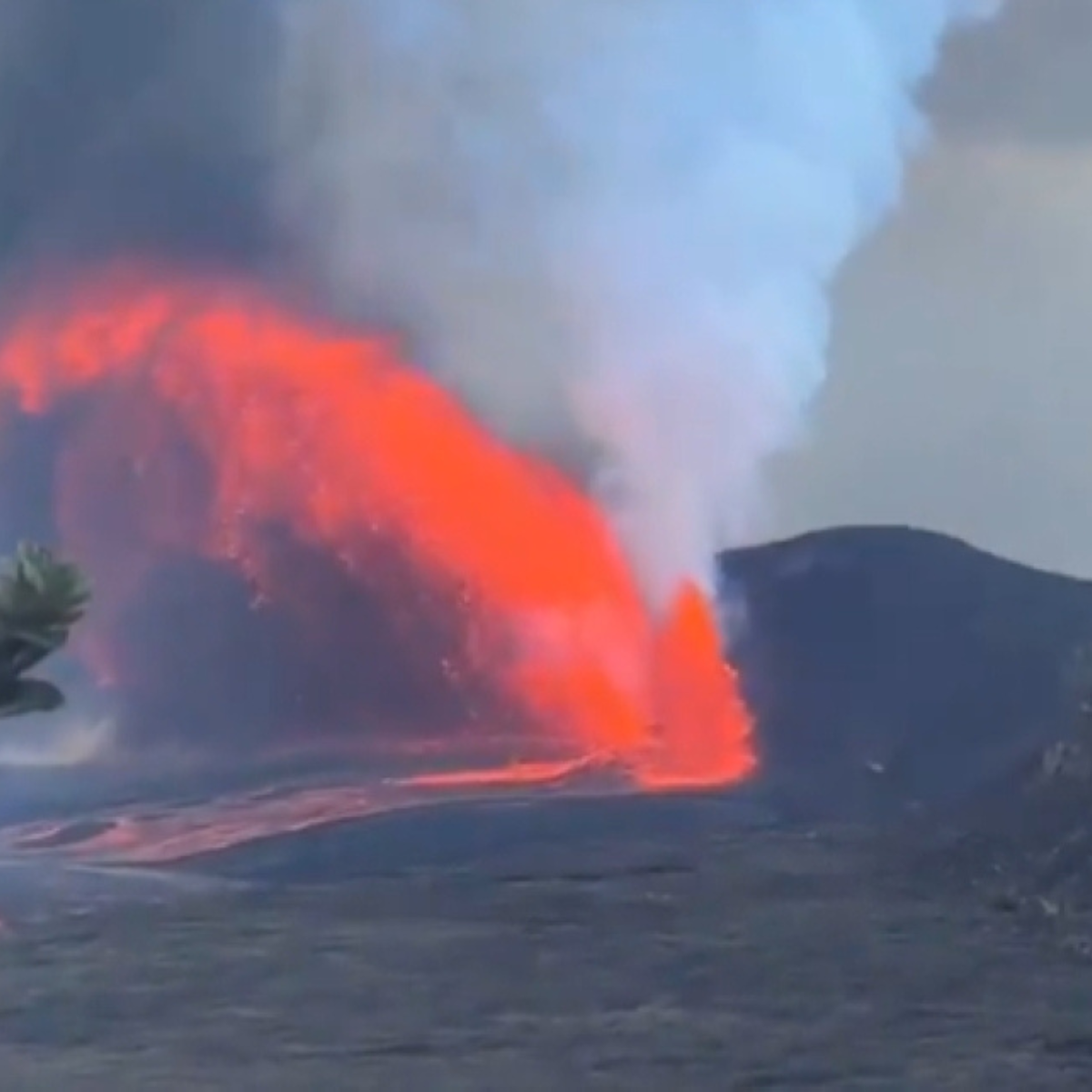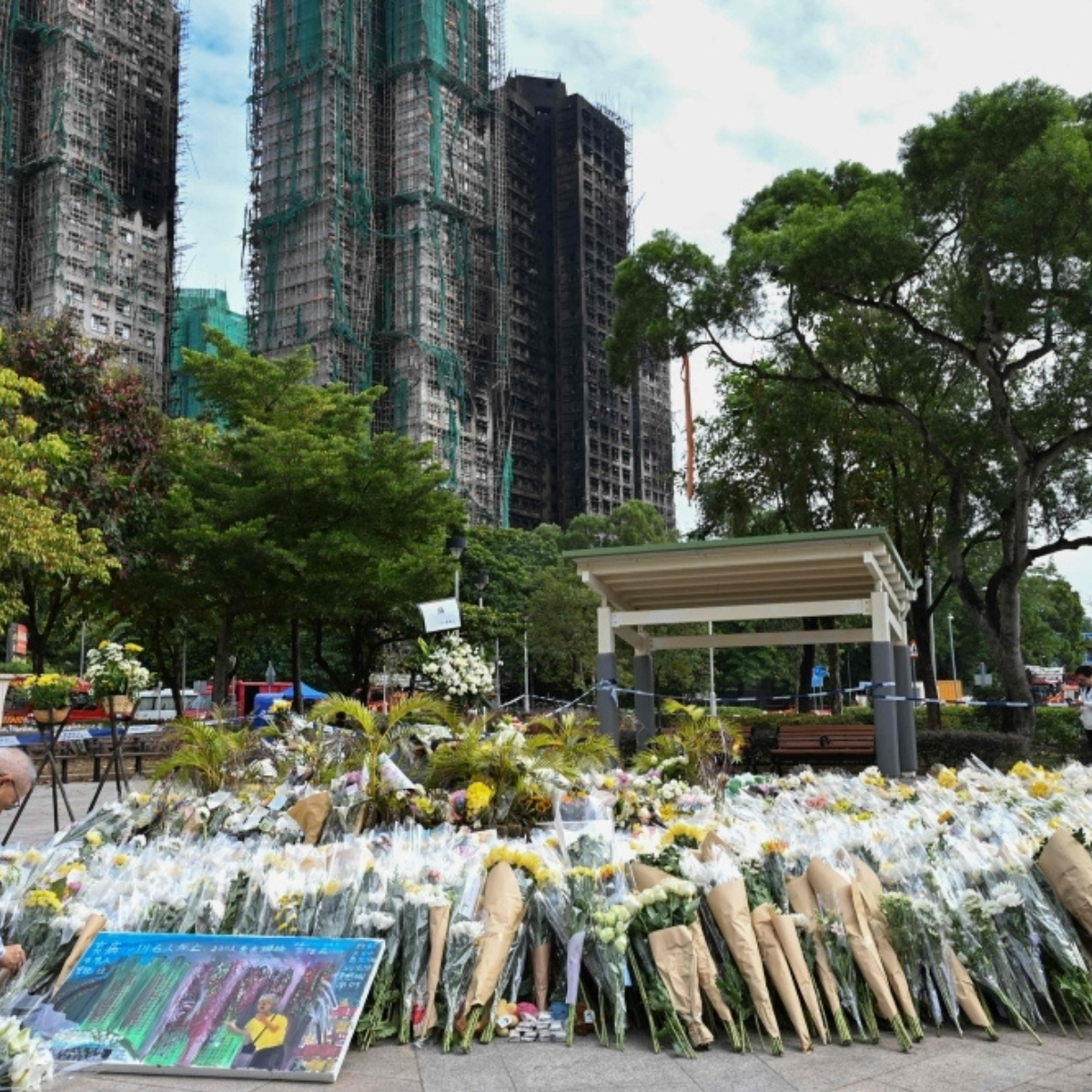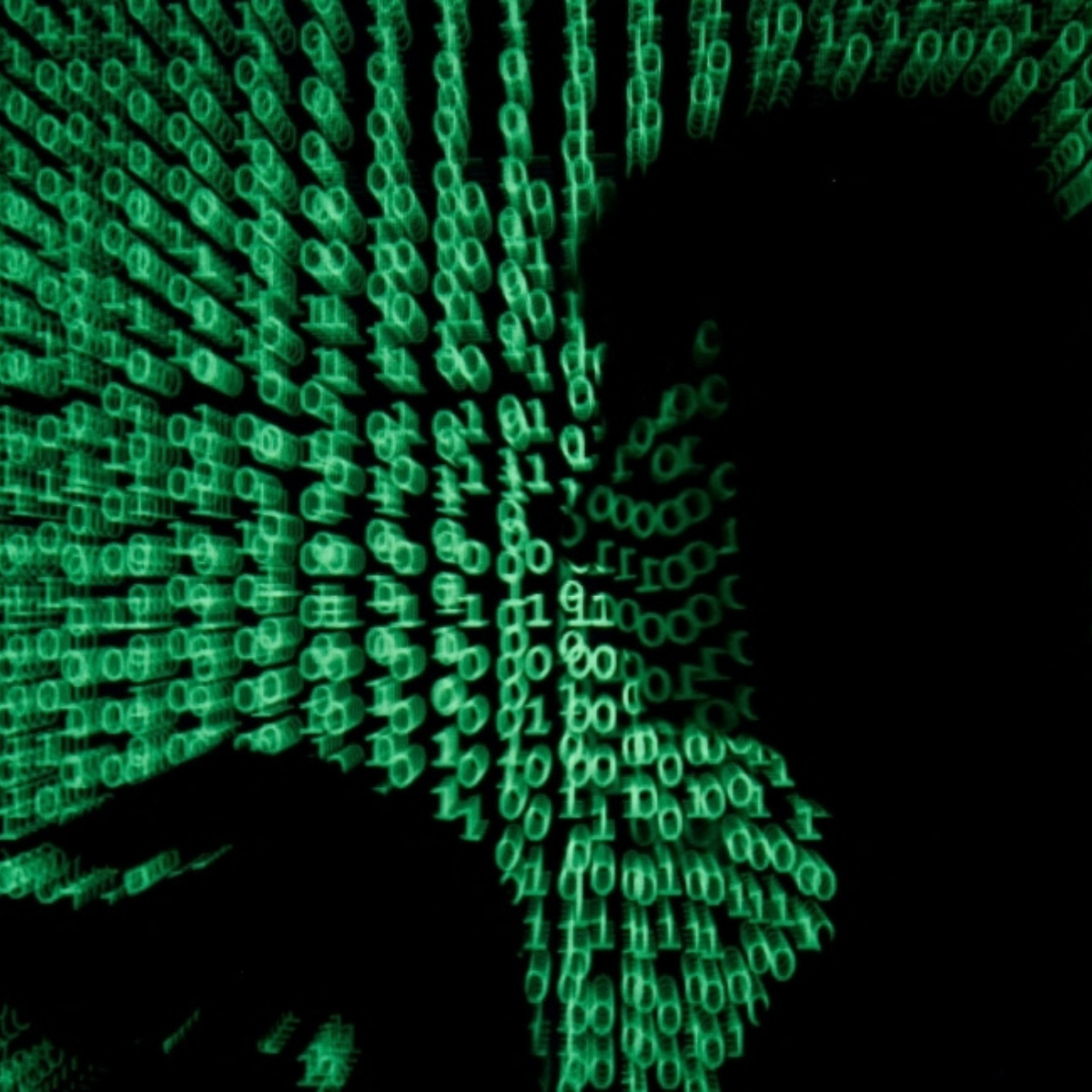LOS ANGELES, Dec 7 — Spectacular lava fountains burst from Hawaii’s Kilauea volcano on Saturday, US volcanologists said, nearly a year after one of the world’s most active volcanoes began its latest eruptive phase.
WASHINGTON, Aug 28 — Panic swept through the University of South Carolina when students received an active shooter alert and police rushed to the campus library after two separate calls reported gunfire on Sunday.
The reports turned out to be hoaxes — part of a growing wave of “swatting” incidents targeting US universities as students return for the fall semester.
Similar false alarms struck Villanova University and the University of Tennessee-Chattanooga last week, with at least seven other schools reporting swatting calls on Monday. West Virginia University was also hit by a hoax on Tuesday morning.
Swatting — making false emergency calls to provoke a heavy police response — has raised alarms among experts, who warn it traumatizes students, drains security resources, and risks numbing the public in a country where mass shootings remain a real danger.
“It plays on our fears because bad things really do happen,” said John DeCarlo, a former police chief and now criminal justice professor at the University of New Haven.
“With one call, swatters can trigger lockdowns, mass mobilizations, building closures, and intense media attention.”
The FBI told AFP it is monitoring the surge in cases, noting “an increase in swatting events nationwide.” Since launching a national database for law enforcement in 2023, the bureau has logged thousands of such reports, saying the hoaxes cost thousands of dollars, divert police resources, and, most critically, put innocent lives at risk.
At the University of Tennessee-Chattanooga, at least 10 agencies responded, clearing multiple buildings before confirming there was no threat.
At South Carolina, two students sustained minor injuries during the chaotic evacuation of the library, while another was wrongly accused of being the gunman after footage of him carrying an umbrella resembling a rifle spread online and was amplified by Congresswoman Nancy Mace.
Once largely associated with online gamer and hacker communities, swatting has increasingly been used against judges, election officials, lawmakers, and now schools — which experts say are “especially vulnerable” given their visibility and large student populations.
Cybercrime expert Keven Hendricks told AFP that perpetrators are often juveniles, sometimes tied to extremist groups, who act because they believe they won’t be caught.
“Many do it simply because they can,” he said.
Experts are now urging tougher laws and better technology to track down offenders who disguise their voices or mask their online activity.
“In reality, this is a form of domestic terrorism,” said DeCarlo.
“It’s dangerously easy to carry out, and because enforcement is weak, it’s running rampant.” — AFP






